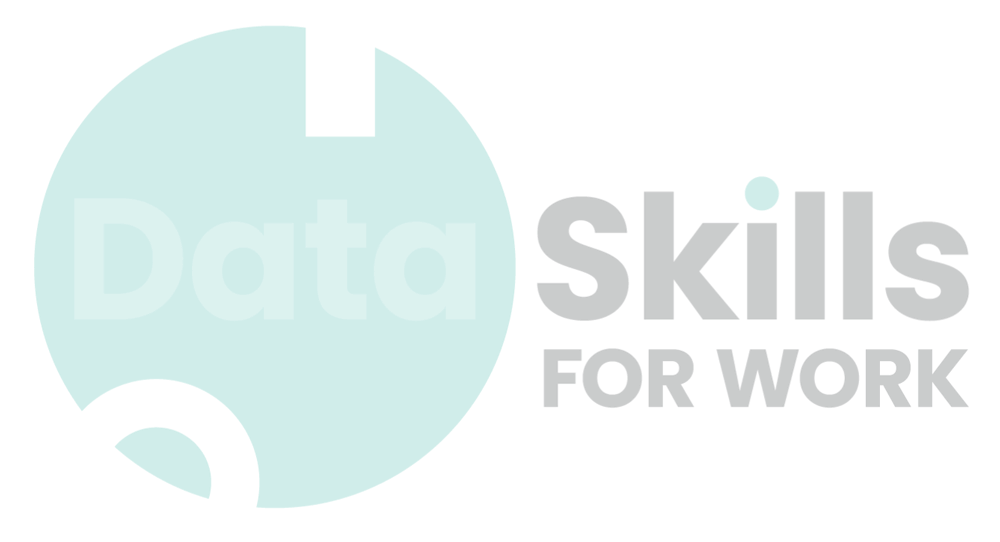Themes
Each skill / competency in the framework has been categorised according to its broad theme within the data ecosystem
Core skills
For those looking to develop their awareness and understanding of data and how it’s used – which technical skills can build on.
Analysis skills
For those involved with interpreting and manipulating data and statistics.
Data Management skills
For those involved in managing data, including legal requirements, ethics and rights.
Data Leadership skills
For those with a leadership role – helping them to improve their understanding of data, strategise and make the most of data within their organisation.
Data Engineering skills
For those involved with the design, development and maintenance of data systems.
Creative and Business skills
For Data Professionals looking to build on their existing technical knowledge in areas such as communications, service design, planning and delivery.





































